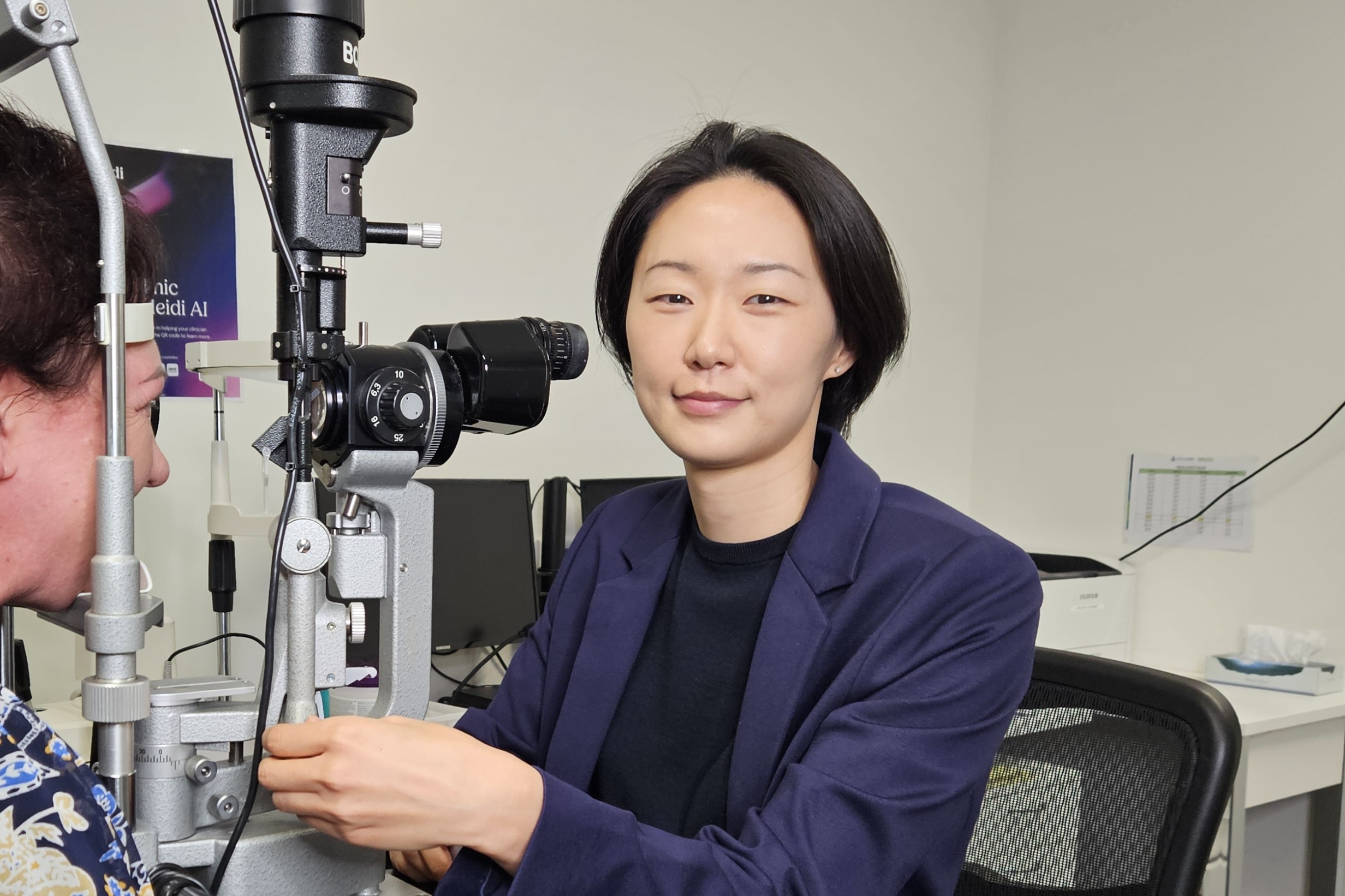GA treatment looms closer
Apellis Pharmaceuticals’ 18-month phase-3 study results for pegcetacoplan (Empaveli) continued to show promise that a treatment for geographic atrophy (GA) secondary to age-related macular degeneration (AMD) was now a real possibility.
Revealing the latest results of its Oaks and Derby studies, the company announced monthly pegcetacoplan injections reduced GA lesion growth by 22% and 13% respectively. More detailed data will be presented shortly, which will also be submitted to the US Food and Drug Administration (FDA) as part of its New Drug Application (NDA), said Apellis.
In an analysis of Apellis’ earlier phase 2 Filly trial, researchers randomised 167 patients with incomplete retinal pigment epithelium (RPE) and outer retina atrophy (iRORA) to receive pegcetacoplan monthly, every two months, or placebo. At 12 months, half of those who received monthly pegcetacoplan had progressed to complete RPE and outer retina atrophy (cRORA), compared to 81.8% of patients receiving placebo. The researchers concluded that this suggested a potential role for pegcetacoplan, a complement C3 inhibitor, earlier in the progression of AMD prior to the development of GA. “Among the genetic pathways implicated in AMD pathogenesis, the complement system is the most prominent one, and as such, AMD is strongly associated with (dysfunctional) activation of the complement system,” said Professor Hendrik Scholl, Institute of Molecular and Clinical Ophthalmology Basel, Switzerland. Commenting on the study in JAMA Ophthalmology, Prof Scholl also noted AMD’s heritability is approximately two-thirds – far greater than conditions such as diabetes, glaucoma or myopia.
























